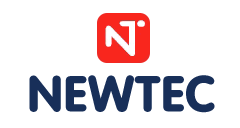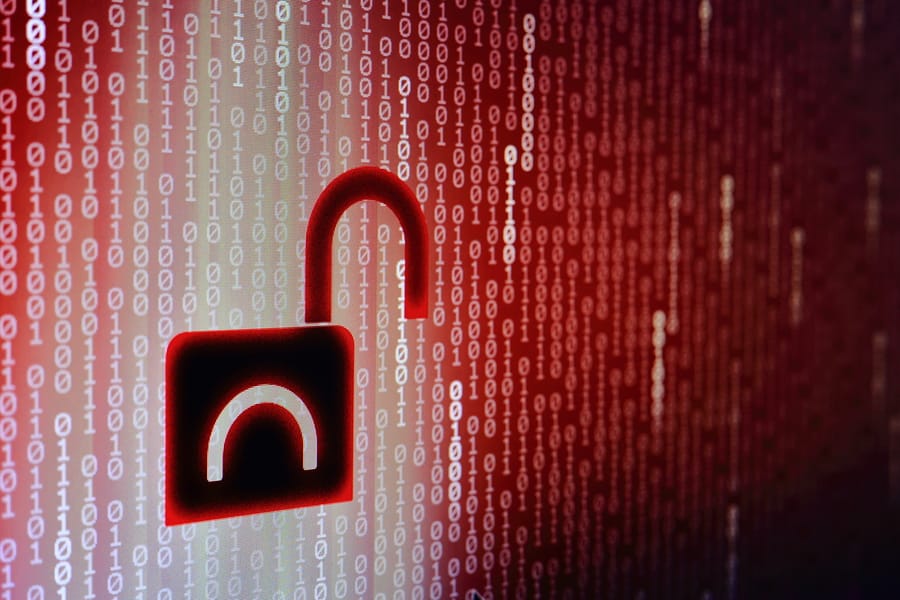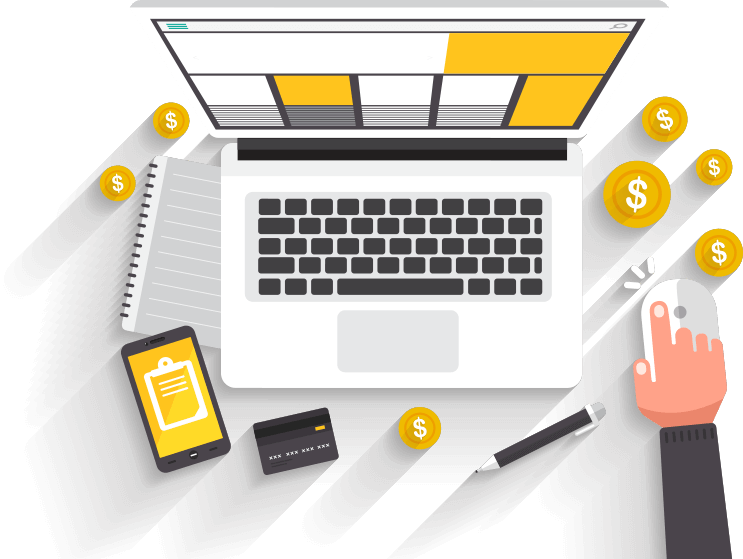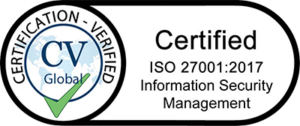With cybersecurity regularly in the news, business owners have a right to be concerned about the safety of their data, particularly if their employees work remotely. Small businesses are susceptible to data theft if they don’t take precautions; unfortunately, many business owners either aren’t knowledgeable about cyber threats or can’t afford to put stringent security controls in place. Because the digital landscape continues to expand, it’s important to go beyond mere compliance and make the security of your data a priority. We can help.
Be Aware of the Types of Cybersecurity Threats Out There
It’s important, first of all, to familiarise yourself with the types of threats you may be faced with.
Social Engineering
This general term describes fraudulent tactics used to manipulate victims into giving away confidential information. Hackers will often pose as a trusted source, making them difficult to detect right away.
Phishing
Phishing is the practice of sending emails that resemble those from credible sources, but which are, in fact, intended to glean personal information from victims. For example, an employee could be asked to click on a link that would install a virus.
Malware
Malware is a general term for any software intended to harm or disable your computer or your company’s software.
Ransomware
This is a type of malicious software that blocks access to a the victim’s computer system, in effect, holding a system hostage until money is paid.
8 Things You Can Do to Protect Sensitive Data
(1) Train Employees to Keep Data Safe
The most common cause of data breaches in small businesses is an unwitting employee who compromises your business without being aware he or she is doing it. According to recent reports, employees account for over 50 percent of all incidents at small and mid-size businesses. Employees often don’t know how hackers work and lack the basic security awareness that would keep your business safe. What’s the solution? Train them to take the following precautions:
- Don’t give out confidential information without confirming a source’s legitimacy first.
- Do not click on suspicious links online.
- Do not open email attachments from anyone you don’t know.
(2) Limit Access to Information
Identify your company’s sensitive data, and then take steps to protect it. This includes any personally identifiable information for customers, patients, employees, and stakeholders. It also includes financial data, trade secrets, or any other information that should be kept confidential. Make sure you fully vet employees that have access to this information, and give access only on a need to know basis.
(3) Protect Against Malware
As introduced above, malware refers to malicious software that is installed with the intent to case damage or steal data. Viruses and spyware are common examples. If an employee clicks on a link that is infected or uses a USB contaminated with malware, your entire business could be at risk. It’s important to install, update, and use antivirus software on all company devises.
(4) Protect Remote Workers
In today’s work environment, your company’s laptops aren’t always on premises. To protect remote workers, it’s important to create user accounts for each employee, enable your operating system’s firewall, and establish a Virtual Private Network (VPN) to give workers a secure way to access your network, wherever they are.
(5) Use Data Encryption
Encryption, a way of encoding information, is built into most operating systems and software applications. If encryption is not available, you can purchase an encryption program as well. Encryption is highly recommended for any device, including laptops and mobiles, that contains sensitive information.
(6) Make Sure Your Systems are Up to Date
It’s difficult to continue updating or patching a system that’s hopelessly out of date. Plus, keep in mind that malware evolves just as quickly as new software evolves. So, it’s very important to install regular updates to security, operating systems, and web browsers whenever they are released.
(7) Evaluate the People You Partner With Carefully
Most businesses don’t do business alone; they rely on third-party vendors. Unfortunately, if a data breach affects your vendor, it can affect you as well. That’s why you should evaluate your vendors carefully, check their security standards, and verify that they have safety procedures in place.
(8) Work With an Expert
If the thought of protecting your business against hackers keeps you up at night, ask for help.
Newtec Offers Several Options for CyberSecurity
At Newtec we understand that modern companies rely on critical data for their businesses to function. Our experts set up rigorous data protection plans for the businesses we serve. If you’re interested in learning more about how we can keep your information safe, please contact us. Our representatives are happy to discuss your options with you.
